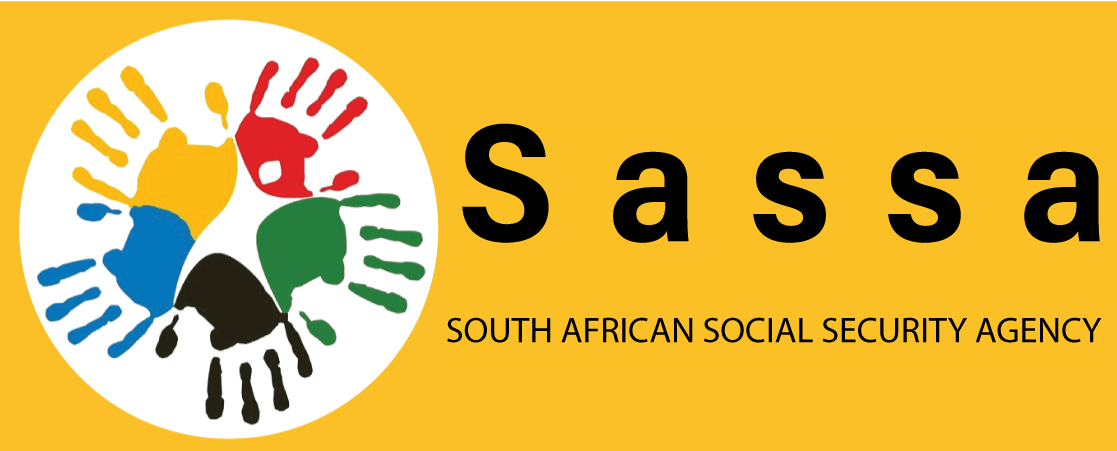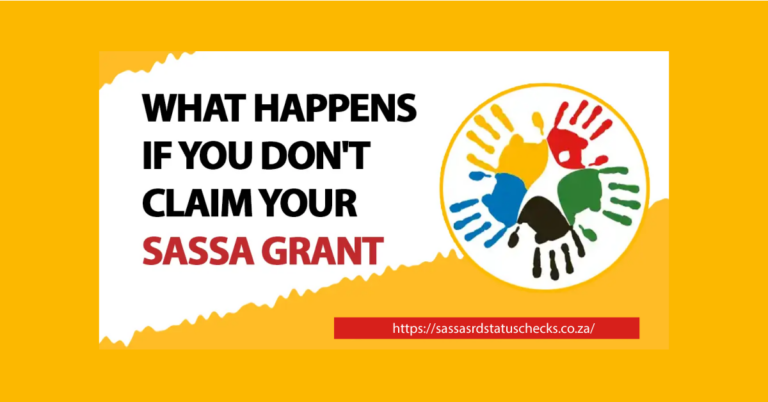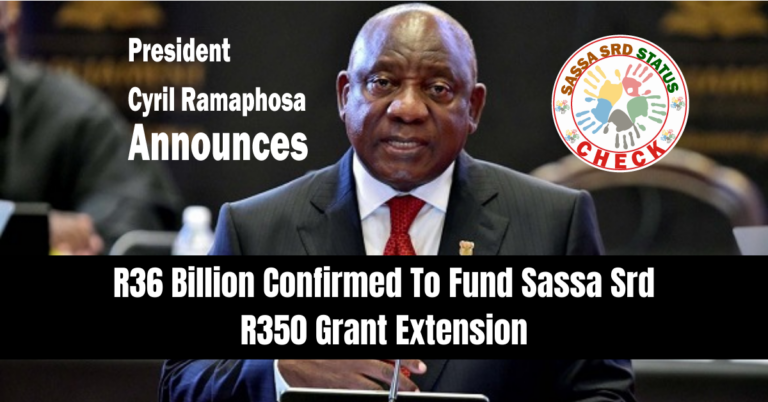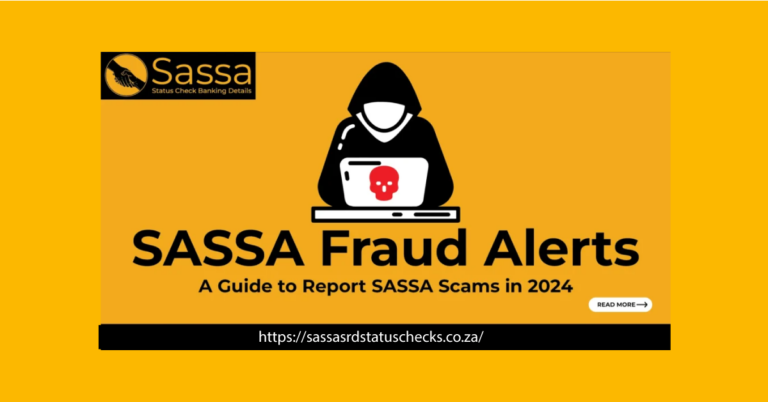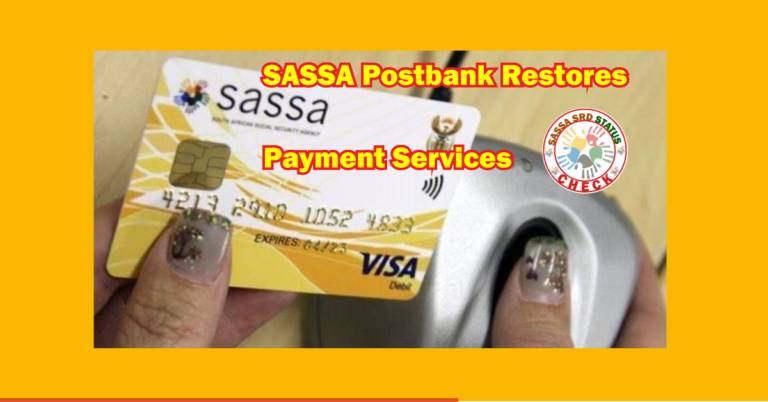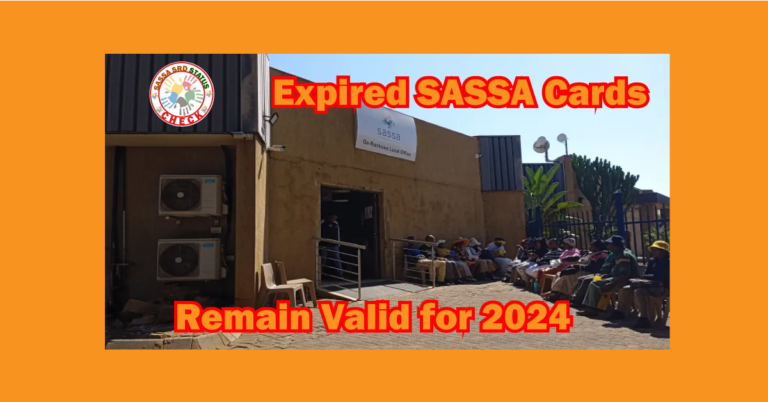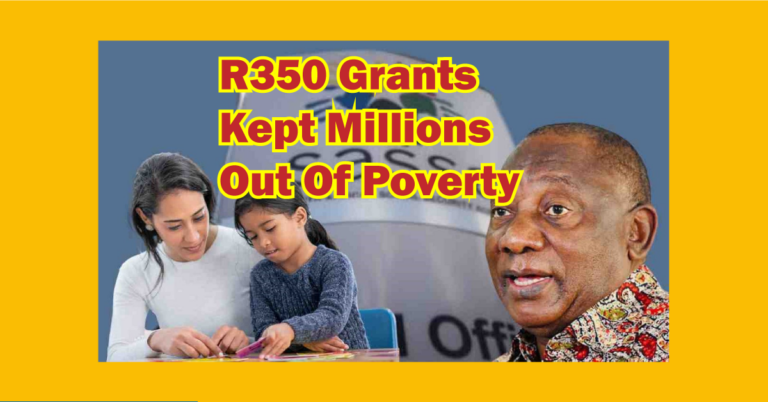SASSA Non-Payment Human Rights Concerns in 2024
There are millions of people in South Africa who rely on the South African Social Security Agency (SASSA). It administers various social grants that provide essential financial support to South African populations, including children, older persons, people with disabilities, and the unemployed. These funds are like a safety net; they ensure people can afford food, housing, and medical treatment when they need it.
However, there have been concerning moments of SASSA SRD grant non-payment. This can be a bad experience for beneficiaries who rely on these grants for their survival. This blog post will explore the issues of SASSA non-payment, and its impact on human rights, and explain what you can do if you experience it.
Understanding SASSA Non-Payment
People in South Africa who rely on social grants from the Social Security Agency (SASSA) haven’t been getting their money on time. This is causing a lot of problems due to various reasons, and some people say it’s a violation of human rights. Sometimes, it might be due to eligibility issues – changes in income or living arrangements can affect grant qualification. Administrative errors, such as missing documentation or data processing mistakes, can also lead to delays or stoppages in SASSA payments.
SASSA is also trying to stop fraudsters from stealing grant money. This is good because it means more money goes to the people who really need it. Another reason is there have been problems with the Post Bank, which is how many people get their grants. The bank’s board recently quit, which has caused some delays.
Sometimes, technical issues might cause a temporary delay, and the grant will be paid shortly after. However, a complete non-payment requires investigation and intervention. Remember, a delayed SASSA payment and a complete non-payment are different from each other.
Human Rights Concerns
South Africa’s Constitution Section 7 doesn’t directly relate to SASSA or social relief grants. Section 7 falls within the Bill of Rights, which is the foundation of human rights in South Africa. This guarantees social security and other fundamental rights to all citizens.
When SASSA social grants are not paid, it can be seen as a violation of this right. Additionally, non-payment can affect other fundamental rights, such as:
- Right to a Decent Standard of Living: This includes access to food, water, shelter, clothing, and sanitation. SRD SASSA grants contribute to achieving this standard.
- Right to Life and Dignity: Without access to basic necessities, non-payment can threaten a person’s very survival and sense of dignity.
- Right to Equality: Unequal access to social grants due to administrative errors can violate the principle of equality.
These human rights concerns highlight the severity of SASSA non-payment and its impact on the lives of grant recipients.
What to Do if You Experience Non-Payment?
If you’re a SASSA Grants 370 recipient and haven’t received your expected payment, here are a few steps you can take:
Verify Your Grant Status
You can verify or check your grant status in the following ways:
- Contact SASSA through their toll-free number (0800 601 160).
- Use the SASSA website to check your grant status online.
- Gather any relevant documentation, such as your ID number and grant application reference, and visit your nearest SASSA office.
Importance of Documentation
When contacting SASSA, keep a record of all communication, including dates, times, reference numbers, and the names of any representatives you spoke with. Keep duplicate copies of all documents, such as your ID, grant application forms, and previous payment records. This documentation will be important if you need to take further action.
Advocacy and Support
Fortunately, individuals facing SASSA non-payment issues are not alone. Here are some resources and support systems available:
Civil Society Organizations (CSOs)
Many CSOs work on social security issues and offer legal aid or advocacy services to grant recipients. These organizations can help navigate the SASSA system and fight for your rights.
South African Human Rights Commission (SAHRC)
The SAHRC investigates human rights violations, including those related to social security access. Those who feel their rights have been violated due to SASSA non-payment can complain to the SAHRC.
SASSA Helpline and Website
As mentioned above, SASSA offers a dedicated helpline (0800 60 11 60) and a website for inquiries and reporting issues.
What’s Happening Now?
The South African government is actively working on solutions. While specific details may still be emerging, we can expect to hear more positive announcements regarding these improvement efforts soon. Because many South Africans rely on SASSA R370 grants for their well-being, so staying informed about the status of your grant and any upcoming changes is important for beneficiaries.
Conclusion
SASSA non-payment is a serious issue with significant human rights implications. It can impact the well-being, happiness, and lifestyle of eligible applicants. By understanding the reasons for non-payment as a grant recipient, you can take steps to address the issue and ensure you receive the support you deserve.
Remember, you’re not alone. So, familiarize yourself with the available resources, and stay informed about the status of your grant and ongoing efforts to improve the SASSA system.
